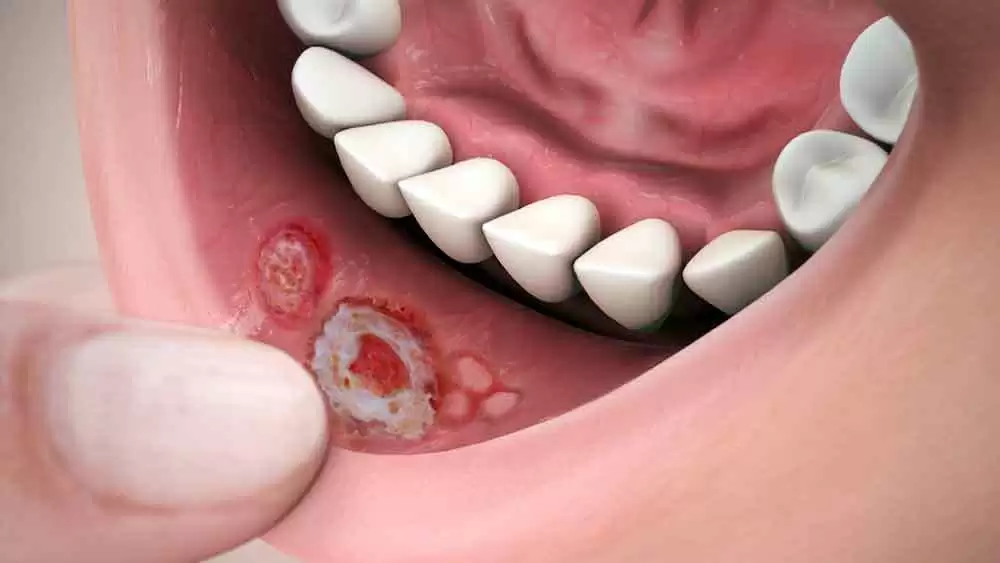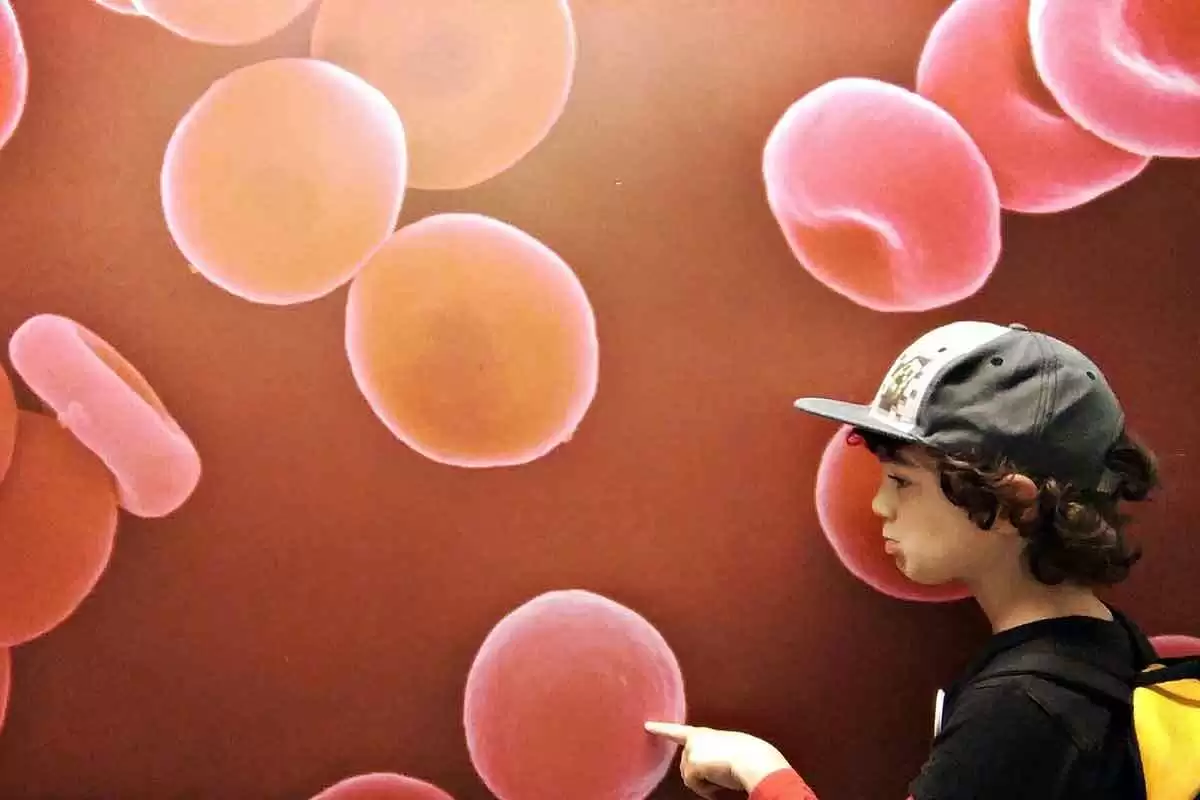Celiac.com 02/14/2024 - Rising celiac disease rates pose a significant health challenge, yet the environmental triggers behind the rise remain elusive. Among the various potential factors, iron deficiency has emerged as a potential contributor to the development of celiac disease. A recent study, employing Mendelian randomization (MR), sought to investigate the intricate relationship between iron status and the prevalence of celiac disease.
Understanding Mendelian Randomization
Mendelian randomization (MR) is a powerful method that explores potential causal relationships between an exposure and an outcome. In this case, the researchers delved into the connection between genetic variants associated with iron status and the presence of celiac disease.
Research Design
Celiac.com Sponsor (A12):
The study adopted a two-sample MR approach, utilizing single nucleotide polymorphisms (SNPs) linked to iron status. These SNPs were derived from a meta-analysis of three genome-wide association studies (GWAS). The association between these SNPs and celiac disease was then assessed using GWAS summary statistics from the UK Biobank, which included data from 336,638 white British individuals, 1855 of whom had celiac disease.
Key Findings - Higher Iron Status Inversely Related to Risk of Celiac Disease
The team identified four SNPs strongly associated with systemic iron status. Notably, these were not linked to known risk factors for celiac disease. The harmonized analysis revealed a compelling association: higher iron status was inversely related to the risk of celiac disease. The odds ratio per one standard deviation increase in serum iron was 0.65, with a 95% confidence interval of 0.47 to 0.91. Crucially, leave-one-out analyses consistently supported these findings, and no single SNP disproportionately influenced the association. Importantly, all three assumptions of MR appeared plausible, strengthening the credibility of the study's conclusions.
Conclusion and Implications
The study's groundbreaking discovery that genetically lower iron levels are associated with an increased risk of celiac disease holds significant implications for prevention strategies. By shedding light on the potential role of iron status in the development of celiac disease, this research opens avenues for targeted interventions and preventive measures.
As the scientific community continues to unravel the complex factors contributing to celiac disease, studies like these pave the way for a deeper understanding of the condition and, ultimately, more effective strategies for its prevention and management. This research not only adds valuable insights to the celiac disease puzzle but also underscores the potential impact of addressing iron status in the broader context of preventive healthcare.
Read more in BMJ Open Gastroenterology










Recommended Comments
Create an account or sign in to comment
You need to be a member in order to leave a comment
Create an account
Sign up for a new account in our community. It's easy!
Register a new accountSign in
Already have an account? Sign in here.
Sign In Now